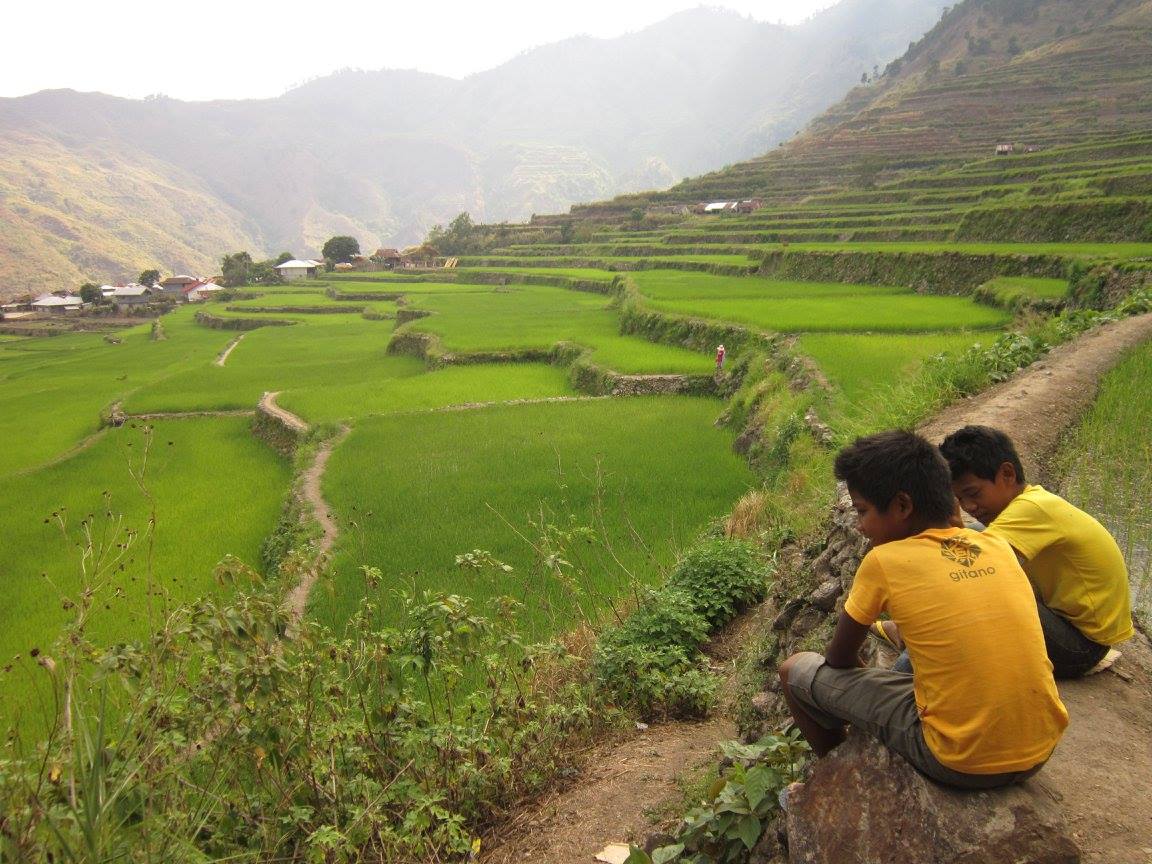Being a member of ICOMOS means the opportunity to access a network of heritage professionals, and local and international members-only events.
The Open Forum Series was created with these benefits in mind: Open Forum Talks allow members to present their work for member peer review in an open yet professional setting, thereby leveraging the wisdom of the ICOMOS membership.
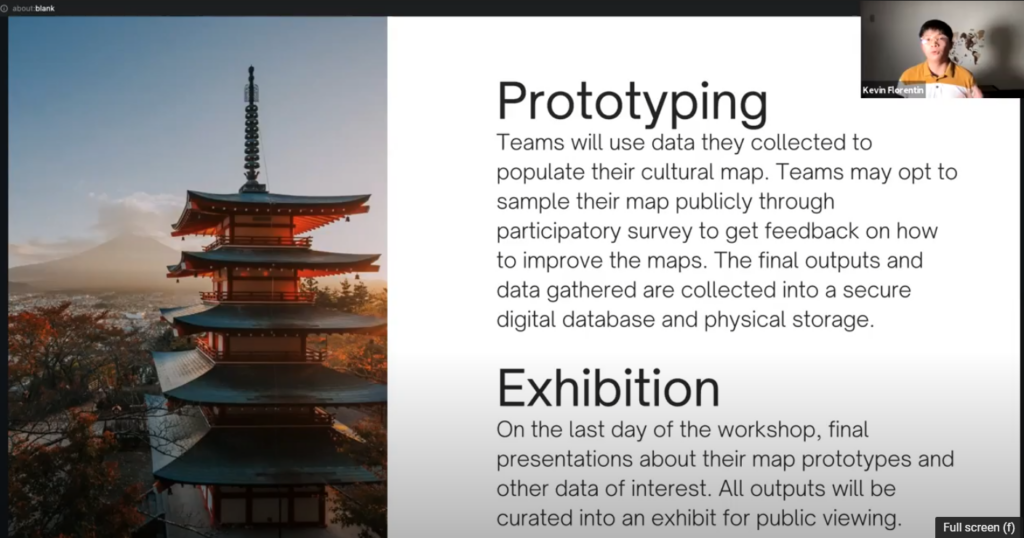
August 18, 2021, 5:30 PM to 7:00 PM.
Kevin Florentin
Moderator: Kara Garilao
Reactors: Dr. Eric Zerrudo, Atty. Kay Malilong
“Cultural Mapping in Context: Towards Rehumanizing Smart Cities for Sustainable Development”.
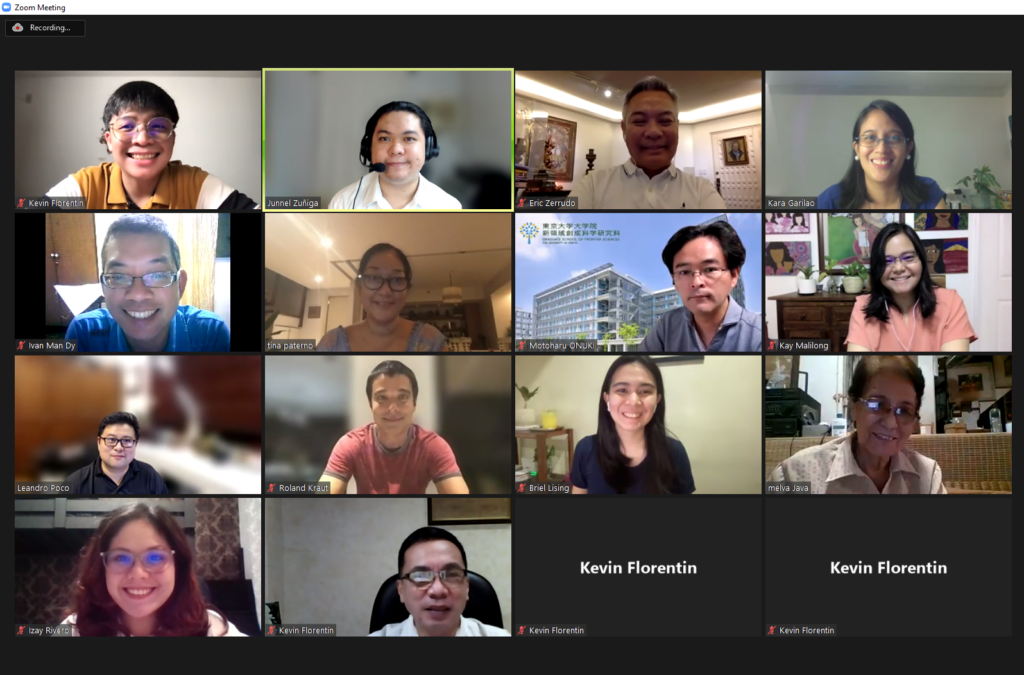
Abstract:
Twenty years ago, Kashiwanoha was a golf course and a horse breeding ground before that. Today, it is home to 3,000 households within just a 1km radius retrofitted with smart city technology that seeks to improve their quality of life on four fronts –energy, mobility, public space, and health. Cultural mapping was implemented, a first in the world for a smart city, to identify tangible and intangible characteristics of identity of its infant community. He presents the specifics of how cultural mapping was implemented, and seeks membership opinion on how we can understand heritage in such a context. When is something considered heritage? If it is new, is it ascribed by the community, to a place, or tradition? Considering that technology has inherent obsolescence, should it be remembered for its tangibles or its intangibles?
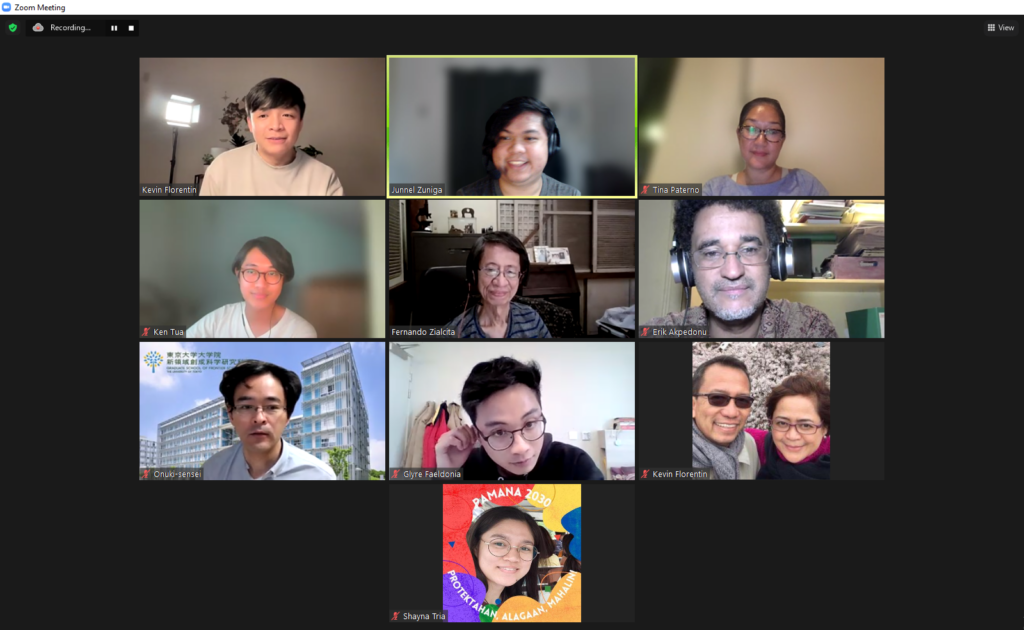
Associate member Kevin Florentin presented his research on
March 2, 2022 7:00 PM to 8:30 PM, progress report made with his research since his initial open forum in August of 2021. For the second session, Dr. Fernando Zialcita and ICOMOS Treasurer Erik Akpedonu attended as reactors for Kevin’s presentation.
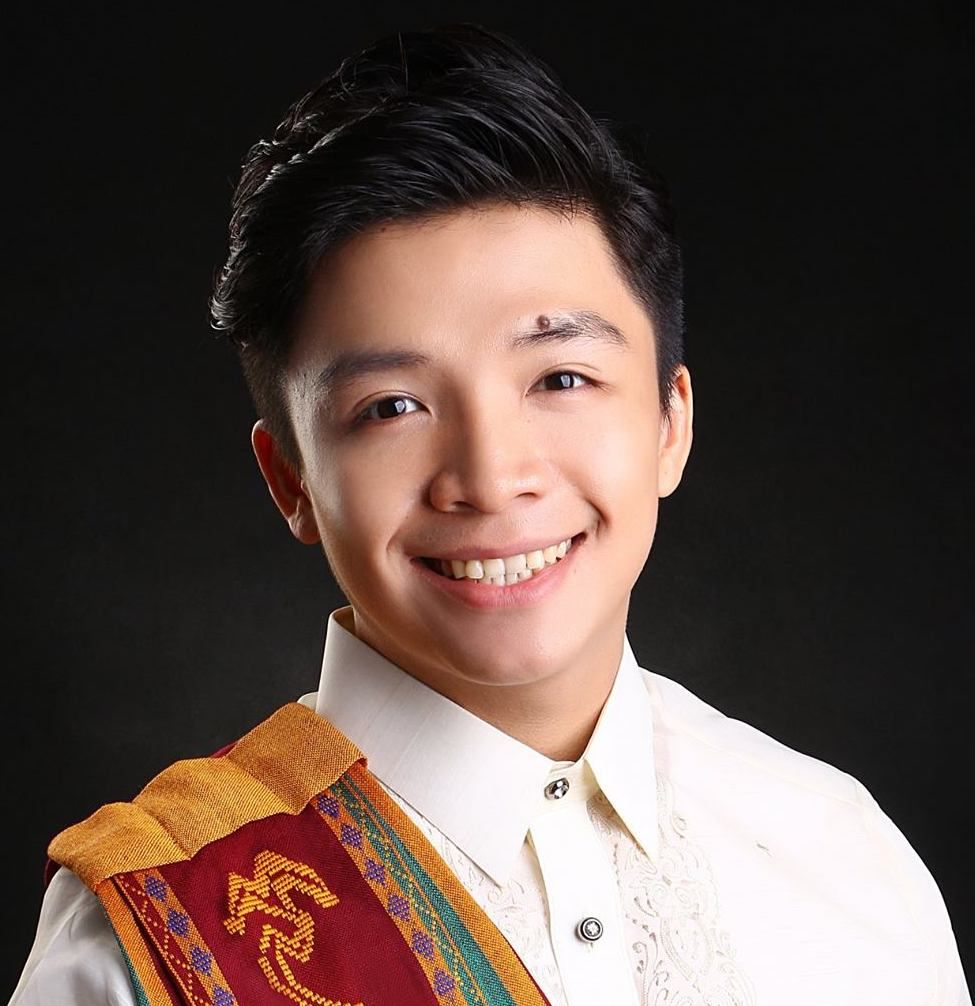
Kevin Florentin is a Ph.D. candidate with the University of Tokyo Graduate Program in Sustainability Science Global Leadership Initiative. He currently holds a joint diploma degree in Sustainability Science with the University of Tokyo and the United Nations University, and a Bachelor’s degree in Public Administration from the University of the Philippines. His current research interest is in understanding human aspects of the smart city. In addition, he has worked closely with ICOMOS Philippines and Intramuros Administration in pioneering pre-disaster recovery planning for heritage in Intramuros.
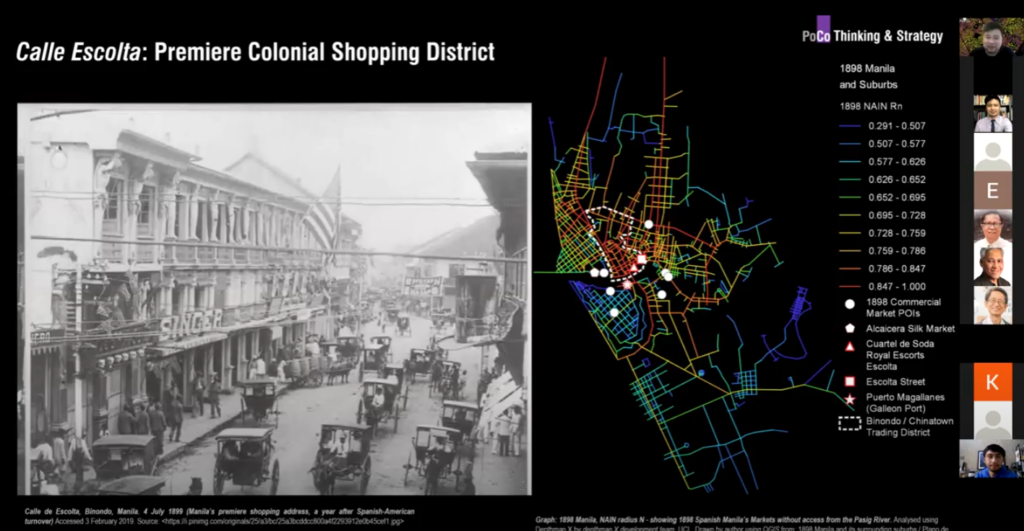
18th of September 2021 2:00 PM to 4:00 PM
Leandro Poco
Moderated by: Erik Akpedonu
Reactors: Guiller Asido, Paulo Alcazaren and Fernando Zialcita
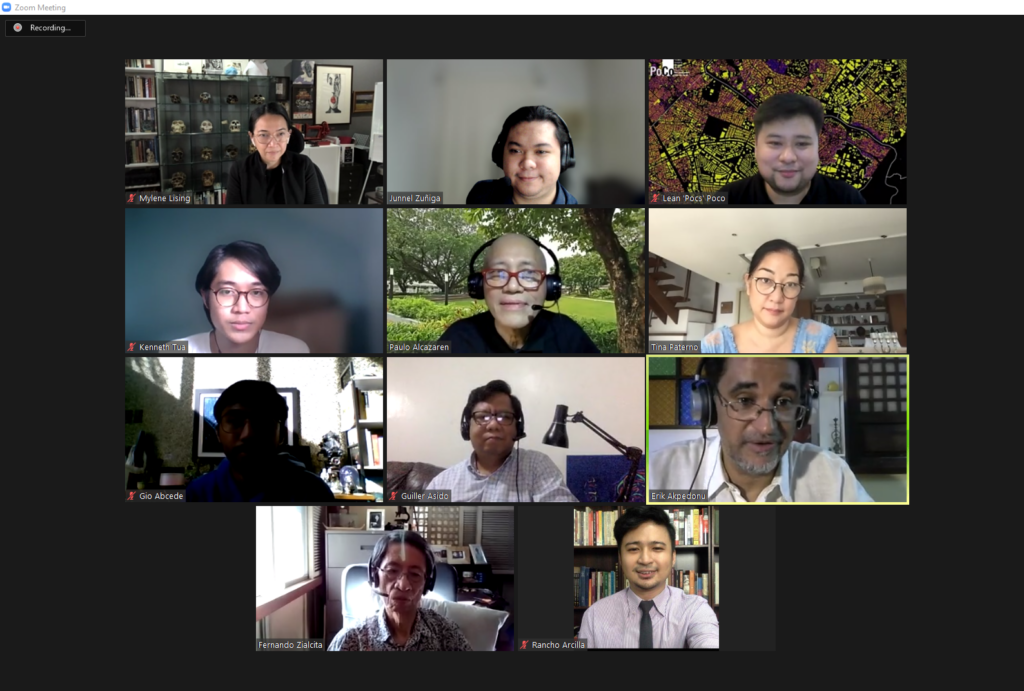
“ENCLAVE URBANISM: 1.0 – A historical and configurational assessment of Spanish Manila’s Intramuros and its surrounding Spatial Fabric”.
Abstract:
The global privatization of the built environment into enclaves is seen as a contemporary theme leading to today’s range of socio-spatial disparities. Present-day Metro Manila is hollowed-out, with a long-blighted historical core. Most economic activity has moved to the enclaves composed of business districts and gated villages outside of Manila. This study investigates the historical roots of this enclave urbanism using spatial network analysis methodologies of space syntax theory.
This study uncovers the underlying structures beneath the order imposed by the Spanish on Manila. These include the center of political control – the civic plaza and urban grid within the walls of Intramuros; outside of Intramuros, the mission church plazas centering local populations around the Bajo de la Campana, serving as the base of Reducciones labour control; the unintended consequences of the Spanish defensive posture, and marginalization of the Sangley Chinese trader population; and the underlying importance of the Pasig River and its network of waterways in the commercial spatial network of Spanish Manila.
This study calls the critical attention of Philippine planning as it moves forward with repeating similar patterns of enclave urbanism in its push to urbanize and develop, whilst presenting a new evidence-based approach for local urbanism scholarship.
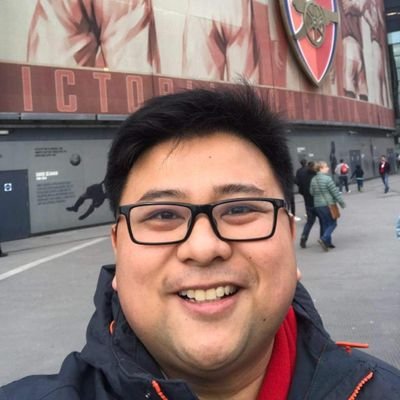
Leandro Poco completed his MSc Space Syntax: Architecture and Cities degree at University College London’s Bartlett Faculty of the Built Environment. He previously completed his MA in Urban Design at the National University of Singapore in 2008. He is a Philippine registered Architect and Environmental Planner with over 15 years of combined Planning and Architectural practice experience in both Manila and Singapore. He is a Partner with Leonardo A. Poco & Associates, Architects, and has a keen interest in Metro Manila’s historical urbanism. He believes that evidence-based planning and design are key in improving Metro Manila’s dystopia and addressing her residents’ discontents.
